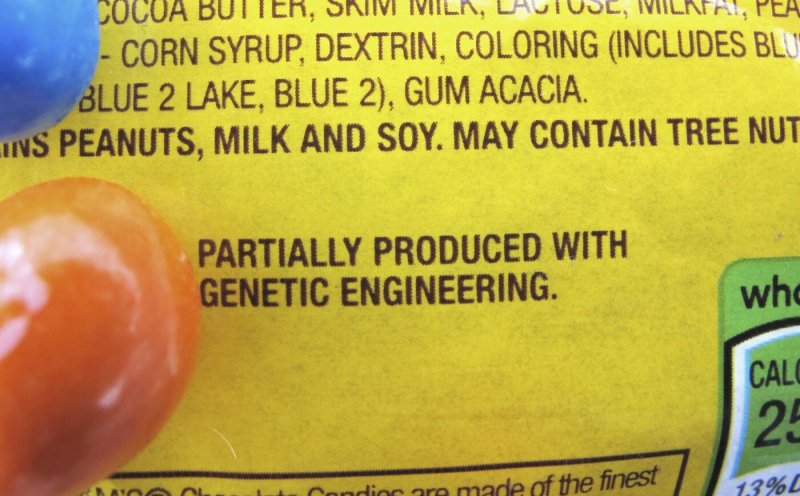Labelling products that result from the so-called new plant breeding techniques would provide little new information and would therefore make no sense for consumers, Garlich von Essen, secretary-general of the European Seeds Association (ESA), told EURACTIV.com.
New plant breeding techniques (NPBTs) focus on developing new seed traits within a given species through genetic engineering. The European Court of Justice (ECJ) is expected soon to decide on whether these techniques would fall under the GM legislation or not.
“Product labelling makes sense only where it gives additional information on the quality or specific characteristics of products. But where products resulting from the latest breeding methods are the same as products resulting from conventional breeding, i.e. are identical as regards their qualities and specific characteristics, such a label would not provide any substantial additional information,” von Essen said.
The biotech industry says no foreign DNA is present in the genes of seeds obtained through NPBT and thus they should not be considered GMOs. On the other hand, environmental NGOs call these techniques “hidden GMOs” and say they should be labelled as such.
Read full, original post: EU seeds industry: No sense to label products from new breeding techniques































